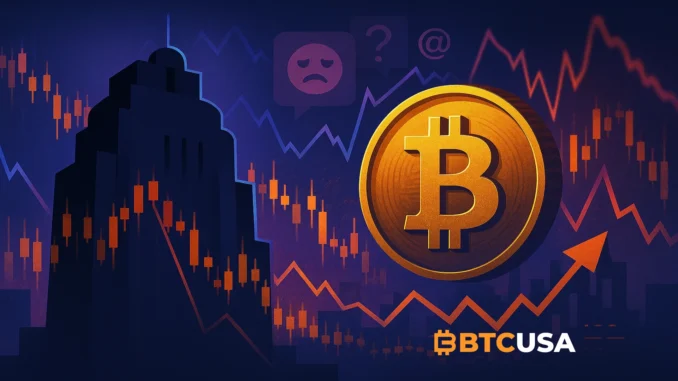
Rumors Resurface as Traders Accuse Binance of Manipulating the Market
The crypto community is once again flooded with rumors that Binance is manipulating Bitcoin’s price and intentionally liquidating long positions. These claims, which tend to appear during periods of heightened volatility, have resurfaced with renewed intensity after BTC’s recent pullbacks.
The Latest Wave of FUD
Traders began circulating screenshots and tweets alleging that Binance has been selling large amounts of Bitcoin to push the market downward. According to these posts, the exchange supposedly triggers long liquidations worth hundreds of millions of dollars.
This narrative tends to reappear whenever Bitcoin experiences sharp dips, regardless of the broader market context.
A Recurring Pattern of Accusations
The claims are not new.
Similar accusations around Binance manipulating market prices have surfaced repeatedly over the years.
These narratives typically share several characteristics:
• they emerge during sudden market volatility
• they rely on unverified screenshots or anonymous sources
• they lack on-chain or exchange-level evidence
• they spread primarily through social media cycles
The consistency of these patterns has led analysts to categorize them as a recurring form of market FUD rather than credible market analysis.
No Evidence Supporting Manipulation Claims
To date, there has been no verifiable data proving that Binance engages in systemic selling to manipulate BTC’s price.
On-chain analytics platforms, including those that track exchange flows, have not reported unusual outbound BTC movements aligned with the rumors.
Market experts also point out that Bitcoin’s liquidity is global, fragmented, and significantly larger than any single exchange’s influence.
Why Traders Believe It Anyway
Despite the lack of evidence, these claims continue to thrive for several reasons:
• emotional reactions during losses
• the psychological need to find external causes for liquidation
• the perception of exchanges as centralized and opaque
• the viral nature of fear-driven narratives
This combination creates the perfect environment for rumor cycles, especially during market downturns.
The Bottom Line
The latest accusations against Binance appear similar to many past waves of FUD tied to volatility rather than data. While the crypto market remains turbulent, traders should remain cautious about claims that lack verifiable evidence.
As long as Bitcoin’s price remains unstable, these narratives may continue to resurface — even if history suggests they offer more noise than substance.


